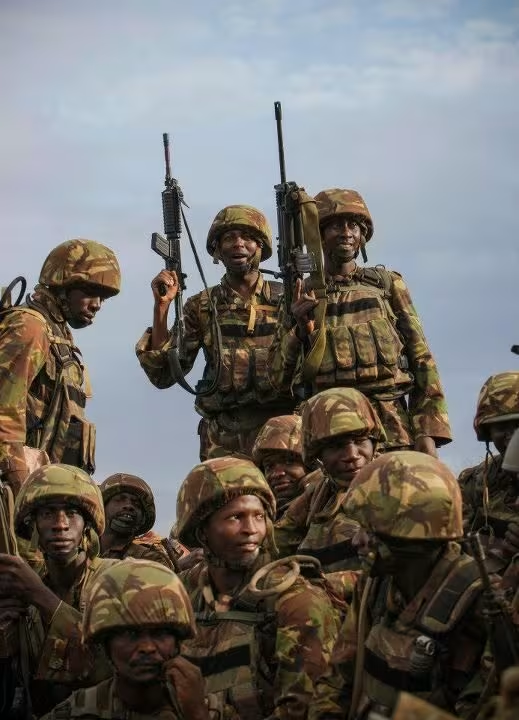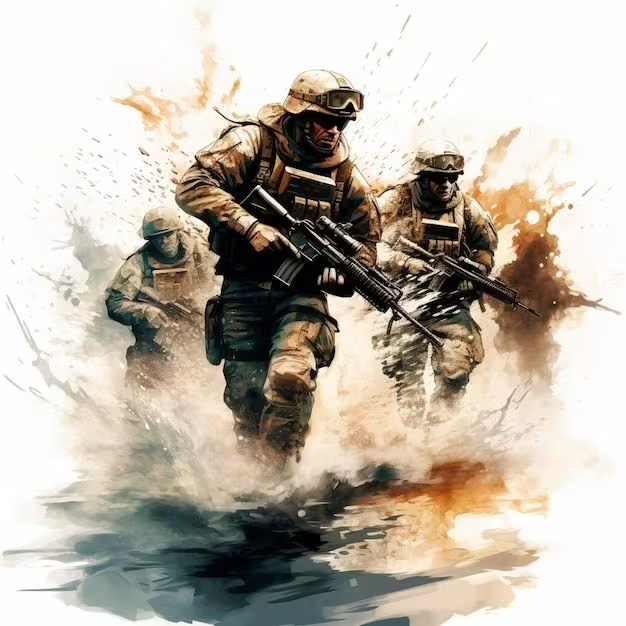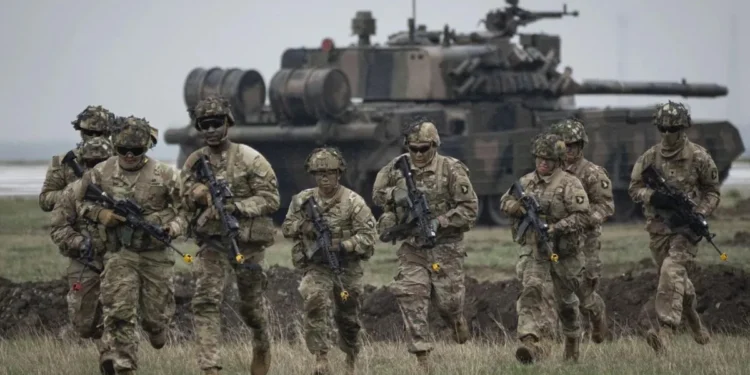US Military Drafts Nigeria Strike Plans Following Trump’s “Mass Slaughter” Accusations
The escalating diplomatic tension between the United States and Nigeria has taken a dramatic turn, with the U.S. military confirming it has developed contingency strike plans against the West African nation. This development follows a direct order from President Donald Trump, who has repeatedly accused the Nigerian government of allowing the “mass slaughter” of Christians—a claim that Nigerian officials have widely and emphatically denounced as false.

According to a report by the New York Times, the U.S. Africa Command (AFRICOM) submitted a range of operational options to the Department of War at the request of Secretary Pete Hegseth. These plans are designed to offer a graduated response for potential military intervention, should the Trump administration choose to act on its accusations.
The Trigger: Trump’s Directive and Accusations
The crisis peaked last week when President Trump not only threatened military action against Nigeria but also designated the country a Country of Particular Concern (CPC). He simultaneously suspended arms sales and technical support to the Nigerian government, citing the alleged persecution of Christians.
Trump insisted that U.S. military action would be “fast, vicious, and sweet,” stating: “Christianity is facing an existential threat in Nigeria. The United States cannot stand by while such atrocities are happening there…”
These accusations follow months of pressure from right-wing U.S. lawmakers seeking sanctions against Nigeria. The Nigerian government, led by President Bola Tinubu, has consistently rejected these claims, arguing that the country faces widespread insecurity driven by terrorism, banditry, and communal conflicts that affect all citizens, regardless of religion.
AFRICOM’s Three-Tier Strike Options
Sources familiar with the development told the New York Times that AFRICOM’s plans outline three distinct levels of engagement—Heavy, Medium, and Light—allowing for a controlled escalation of U.S. military involvement in Northern Nigeria:
1. Heavy Option (Most Forceful)
This scenario involves the most significant military footprint. It requires deploying an aircraft carrier group to the Gulf of Guinea, off the Nigerian coast. From there, U.S. fighter jets or long-range bombers would conduct airstrikes on targets deep inside Northern Nigeria.
2. Medium Option (Targeted Air Power)
The medium response focuses on precision strikes using unmanned systems. AFRICOM suggested deploying drone strikes against known militant camps, bases, convoys, and vehicles in the North. U.S. Predator and Reaper drones would be used, supported by intelligence assets working to confirm targets’ patterns of life for accurate and timely engagement.

3. Light Option (Partner-Enabled Operations)
This option centers on indirect military involvement. The U.S. military and State Department would focus on providing support to Nigerian government forces already engaged in counter-insurgency operations against Boko Haram and other Islamist militants responsible for attacks and kidnappings.
The stated primary goal across all options is clear: to strike Islamist militants, protect Christians from armed violence, and end the decades-long insurgency.
Logistical Concerns and Geopolitical Reality
While the Department of War contemplates the options, military officials are raising significant concerns regarding the feasibility and implications of any strike plan.
A major logistical hurdle is the recent change in regional U.S. presence. The U.S. military was forced to vacate its two nearest drone bases in Agadez and Niamey, Niger, earlier this year following the military coup there.
Adding to the complexity, the report notes that Russian forces now occupy those former U.S. bases, making any close-proximity military operations against Nigeria significantly more challenging and potentially escalating tensions with Russia.
Nigeria’s security crisis remains severe, even as the government rejects the notion of targeted persecution. The U.S. House Appropriations leaders, however, have doubled down on President Trump’s position, describing Nigeria as “the most dangerous nation on Earth to follow Christ,” ensuring the issue remains a volatile point of contention between the two nations.
The development of these strike plans underscores the serious nature of the rift between the Trump administration and the Nigerian government over the nature and handling of insecurity. The question now moves to whether the U.S. political leadership will choose to activate any of the military options presented by AFRICOM.

Do you think the threat of U.S. military action will change the Nigerian government’s strategy against insurgents, or will it be seen primarily as a political provocation?
Join Our Social Media Channels:
WhatsApp:NaijaEyes
Facebook: NaijaEyes
Twitter: NaijaEyes
Instagram: NaijaEyes
TikTok: NaijaEyes




